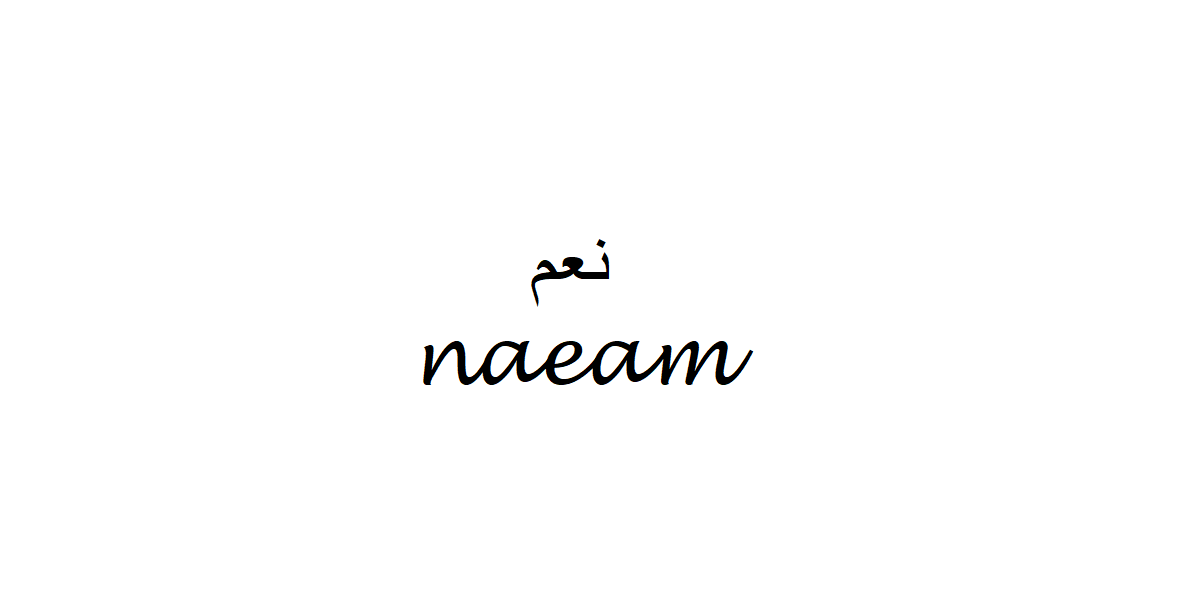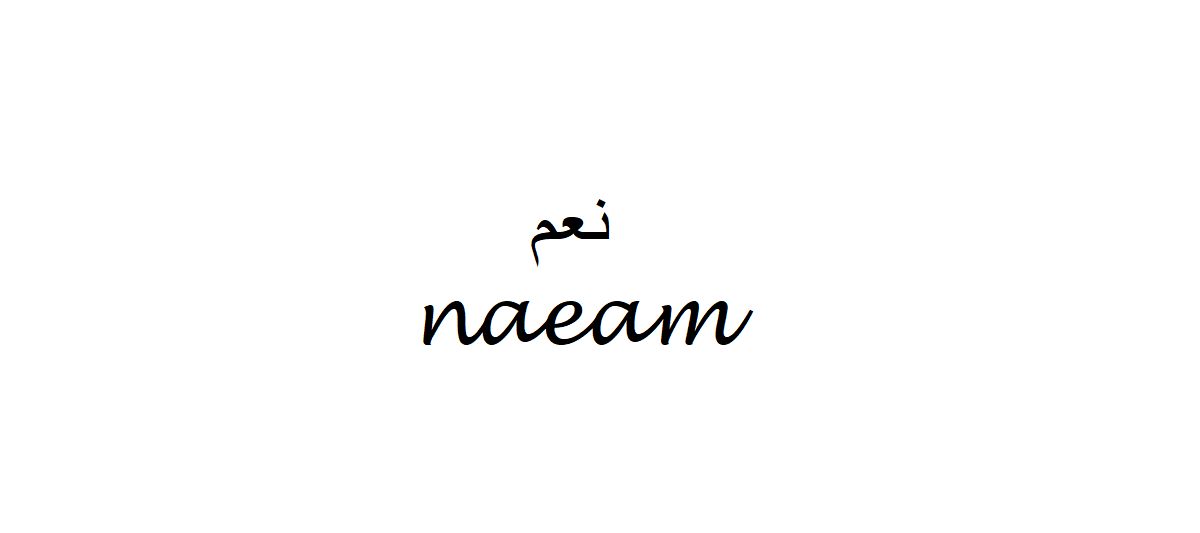In the Arabic language, there are many different ways of saying “OK”. Depending on the context and the person you are addressing, one way may be more appropriate than another. Here are some of the most common ways to say “OK” in Arabic:

How to Say OK in Arabic
1) Na’am – This is a very informal way of saying OK in Arabic and is usually used between friends or family members. It can also be used as an acknowledgement that something has been done or understood correctly.
2) Habibi/Habibti – This expression literally means ‘my beloved’, but it is often used as a way of expressing agreement or understanding when speaking with someone close to you such as a friend or family member.
3) A’aywa – This phrase literally translates to ‘yes’, but it is often said by itself instead of being followed by any other words like habibi would be. It’s commonly used among friends and family members when they agree with each other about something or understand what someone else has said.
4) Yalla –This phrase basically means ‘let’s go’. However, it can also express agreement between two people who have come up with a plan together.
5) Masa’Allah (اَم ُاللهَ ءٓاَس) – This phrase expresses surprise at something good that has happened and implies appreciation towards God for His blessings upon us. So masa’allah could imply that everything was ok because God had made it so!
6) La Hawla Wa La Quwwata Illa Billah (لاِإ ةّوُق لاَو لْوَه اَل بالله) – Translating this phrase into English will sound strange but essentially this phrase acknowledges our need for help from Allah (God).
Example Sentences using OK in Arabic
1. OK, I’ll meet you at the restaurant later. – حسنًا ، سأقابلك في المطعم لاحقًا – hsnan , sa’uqabiluk fi almateam lahqan
2. Sure, that sounds OK to me. – بالتأكيد ، هذا يبدو جيدًا بالنسبة لي – bialtaakid , hadha yabdu jydan bialnisbat li
3. Are you okay? You look a bit pale. – هل أنت بخير؟ تبدو شاحبًا بعض الشيء – hal ‘ant bikhayri? tabdu shahban baed alshay’
4. “OK, I think we’re all set,” said Tom as he closed his laptop lid. – قال توم وهو يغلق غطاء الكمبيوتر المحمول: “حسنًا ، أعتقد أننا جميعًا مستعدون” – qal tum wahu yughliq ghita’ alkumbuyutar almahmula: “hsnan ، ‘aetaqid ‘anana jmyean mustaeiduwna”
5. Is it okay if I borrow your pen? – هل لا بأس إذا استعرت قلمك؟ – hal la bas ‘iidha aistaeart qalamuka?
6. No worries! Everything is going to be just fine – it’s all gonna be OK! – لا شكر على واجب! كل شيء سيكون على ما يرام – كل شيء سيكون على ما يرام! – la shukr ealaa wajibi! kulu shay’ sayakun ealaa ma yuram – kulu shay’ sayakun ealaa ma yurami!
7.”That’s great news!” she exclaimed with a relieved smile – “Okay then, let’s get started!” – “هذه أخبار رائعة!” صرخت بابتسامة مرتاحة – “حسنًا ، فلنبدأ!” – “hadhih ‘akhbar rayieatun!” sarakhat biabtisamat murtahat – “hsnan , falnabda!”


 Very Good in Arabic
Very Good in Arabic